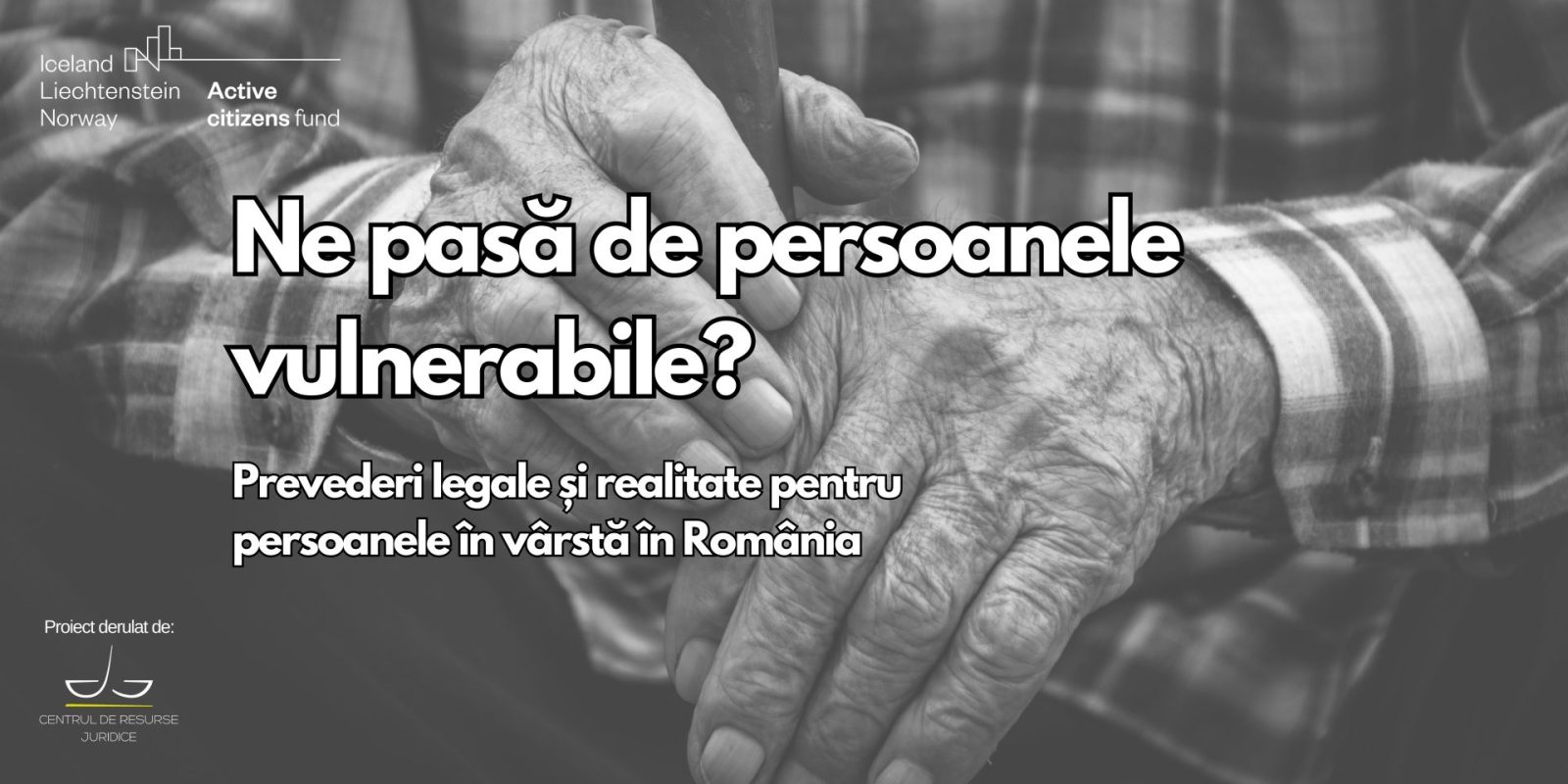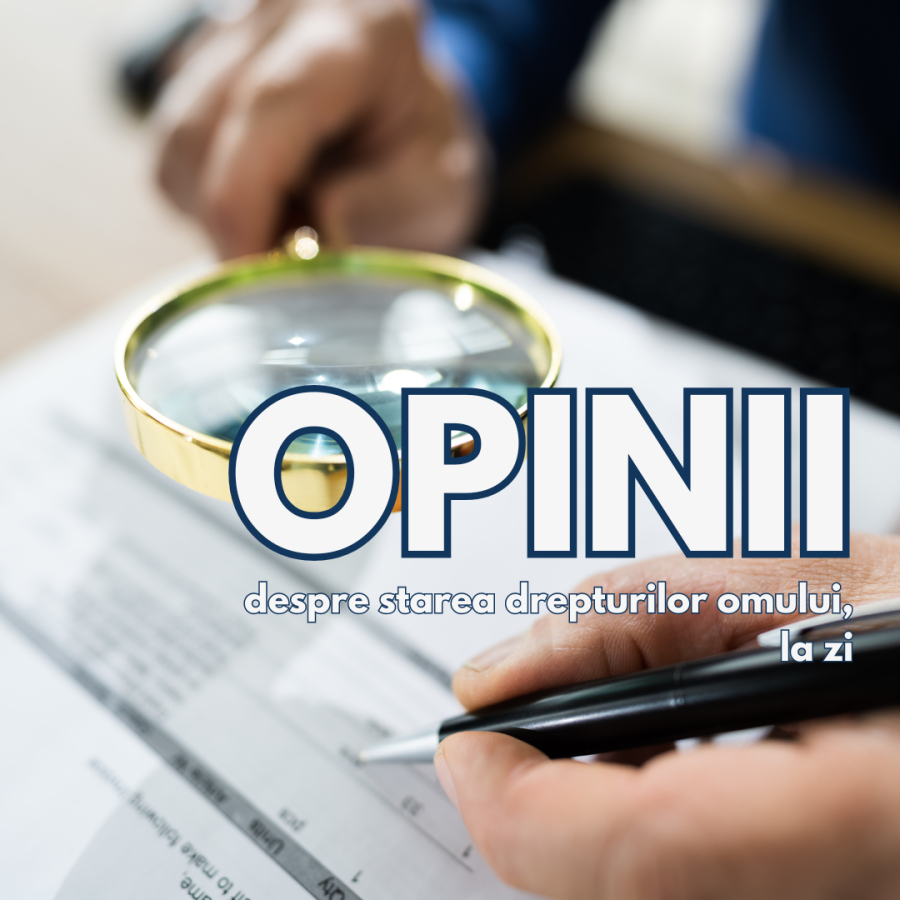For a few years, a recycled anecdote has been circulating on social media, a supposed quote from anthropologist Margaret Mead, who was asked during a lecture, “What is the earliest sign of civilization?” and she answered, “a healed human femur,” with the explanation being that injured animals in the wild would be hunted and eaten before their broken bones could heal, so a healed femur is a sign that an injured person must have received help from others enough to heal the fracture. The conclusion of the anecdote would be that civilization begins with helping those who are in difficulty.
Of course, like many things on social media, this story is also shrouded in doubt regarding its veracity, and even another anthropologist impressed by the story ends up concerned with verifying its sources and concludes that, most likely, the story is not true[1].
However, whether or not Margaret Mead said this, the conclusion remains. Among other things, the foundation of a civilized society lies in ensuring care and assistance for the vulnerable, and this is not based only on altruistic reasons – helping others out of empathy and the desire to do good, but also on very pragmatic reasons – we need efficient and effective mechanisms for any of us who might end up in a state of vulnerability.
Against the backdrop mentioned above, a recent journalistic investigation by the Recorder team[2] titled “The Hunter of the Elderly” has caused outrage, with the issues raised essentially being the lack of involvement and active role of state institutions. In brief, according to the investigation, it seems that several elderly individuals in Oradea may have died under suspicious conditions, with the common denominator in these cases being a close, friendly relationship with a young man (about 40 years old) who had committed to helping and caring for them. It also appears that after the death of one of the elderly, the man would inherit the wealth left by this person, invoking the existence of a holographic will made shortly before death. Several people have reported this situation to the criminal investigation authorities, alleging that the man took advantage of the victims’ vulnerable state to appropriate their goods, and there are even suspicions regarding his involvement in their death. Although the events occurred in 2016 and 2019, the criminal investigation has not yet been concluded.
Without going into the details of the case, not wishing to issue specific opinions regarding the reported facts or the course of the investigation, what is obviously attention-grabbing is that the victims in question were elderly, alone, and in a state of vulnerability that contributed to what happened. Following the publication of the investigation, there were several reactions, some focusing on the fact that the elderly in question did not have children, had remained alone in their old age, so there was no one who could prevent what happened and who could represent them in front of the authorities or even insist upon the completion of the investigation and the identification of those responsible after death.
However, another investigation[3] last year that shocked the entire society revealed the abuses suffered by institutionalized elderly in private care and assistance homes, many of them brought there by family members who could not take care of them at home and who paid the equivalent of these services to social service providers.
Thus, at least from the events of the last year, we conclude that the reasons we face such cases of abuse are not limited to the fact that vulnerable people do not have family members to help and prevent abuses. The cases previously exposed prove that abuses on the elderly continue to happen even with family members involved, so the reasons should be sought elsewhere.
Another conclusion of the invoked investigations was the lack of involvement of authorities and competent institutions on the matter. Analyzing the relevant legislation, articles 92 and 93 of Law No. 292/2011 on social assistance state that “elderly people represent a category of vulnerable population with special needs, due to physiological limitations and the fragility characteristic of the aging phenomenon” and that “in the situation of the elderly person alone or whose family cannot fully or partially ensure their care and maintenance, the state intervenes by providing social assistance benefits and social services tailored to the strictly individual needs of the elderly person.”
Moreover, article 103 of Law No. 292/2011 on social assistance provides that “The elderly person who concludes juridical acts of property transfer, onerous or gratuitous, for the purpose of personal maintenance and care, is entitled to protective measures granted under the conditions of the law.” The social assistance law does not detail what these protective measures are and how they are granted. However, we find in article 29 of Law No. 17/2000 on the social assistance of the elderly a facility recognized to elderly persons: “(1) The tutelary authority/Court of guardianship in the administrative-territorial unit where the elderly person has his domicile or residence is obliged to provide, at their request, free legal advice for the conclusion of sales-purchase contracts or donations or for the establishment of movable or immovable guarantees, which have as their object the movable or immovable goods of the elderly person. (2) The elderly person is assisted, at their request or ex officio, as the case may be, by a representative of the tutelary authority, for the conclusion of any act of property transfer, having as its object their own goods, for the purpose of their maintenance and care.”
Apart from these, the same law stipulates the necessity for providers of social services aimed at the elderly (such as day social care homes, nursing homes, etc.) to also provide legal counseling to their beneficiaries.
Furthermore, if the conditions to apply the institution of assistance in concluding legal acts regulated by Law No. 140/2022 are met (the existence of an intellectual or psychosocial disability and the need for support to take care of oneself, to manage one’s property, and to exercise, in general, one’s civil rights and freedoms), this institution could be chosen. Additionally, there is also the option of guardianship, regulated by Art. 178 of the Civil Code, which involves the appointment of a guardian for a person who, due to old age, illness, or disability, cannot personally manage their assets and defend their interests.
However, we return to the facility recognized by Art. 29 of Law No. 17/2000 as a general title for the elderly, as it does not presuppose the preexistence of an intellectual or psychosocial disability, nor the incapability of the person in question to personally take care of their goods and interests. It is intended for any elderly person who needs legal counseling and for whom the presumption operates that they can take care of themselves.
The facility recognized by Art. 29 of Law No. 17/2000, in our opinion, has a series of inconveniences, especially resulting from the wording of the norm.
The fact that it only talks about sales-purchase contracts or donations substantially limits the scope of application, as long as there are other types of acts that could be concluded and for which identical protection would be necessary. In this sense, it would be useful to use wording similar to that of Art. 103 of Law No. 292/2011 that would be applicable to all possible acts an elderly person might conclude and which could be potentially harmful – property transfer acts, liberalities, as well as other types of legal acts, such as promises, option pacts, etc. Ideally, elderly people should be able to request the support of the tutelary authority in any situation where they would need legal counseling for concluding acts, as long as there is a danger that the other party may have dubious intentions, and the conclusion of the act could be potentially harmful.
Another problem is the cumbersome procedure through which such a facility can be accessed. Consulting the websites of the six sector town halls in Bucharest, only three of them had a section available about this facility[4], and from the list of documents needed to obtain this support, it appears that access is not at all easy; this could represent an impediment, considering the dynamics of concluding acts and the fact that sometimes such a situation can be urgent.
Moreover, from the information available on the mentioned websites, it seems that the procedure exists for the situation where the act concerns the alienation of a real estate asset of the elderly person and establishing a maintenance obligation for them. However, Art. 29 of Law No. 17/2000 is not so limiting, recognizing the right to assistance also in the case of concluding a sales-purchase contract or a donation. Furthermore, although Art. 29 of Law No. 17/2000 provides that the tutelary authority may grant assistance ex officio, the previously enumerated procedures require a written request from the elderly person, accompanied by a series of annexes or a written request from the notary who will authenticate the act. Against this situation, no specific procedure was found through which the tutelary authority could intervene preventively, ex officio, to prevent cases like those documented by the previously mentioned journalistic investigation. Similarly, considering that the tutelary authority should intervene ex officio, no means of reporting these cases were found, no special phone number allocated to these cases, which anyone with information or suspicions regarding a potentially harmful act that an elderly person might conclude could call. Furthermore, no phone number of any public institution was identified that elderly people looking for support could call. [5]
However, the facilities offered by the Romanian State to the elderly should be analyzed through the prism of European standards, as long as we are a member state in both the Council of Europe and the European Union.
In this context, Recommendation CM/Rec(2014)2[6] of the Committee of Ministers of the Council of Europe on the promotion of human rights among the elderly is relevant. Despite the fact that a recommendation is not binding for member states, it should be considered that these acts provide a policy framework and proposals that governments can implement at the national level, to ensure the respect of human rights.
In the section “IV. Protection against violence and abuse” of Recommendation CM/Rec(2014)2, the following recommendations are made:
- “Member states should protect elderly people from violence, abuse, and intentional or unintentional neglect. Such protection should be provided regardless of whether it occurs at home, within an institution, or elsewhere.
- Member states should provide adequate awareness-raising measures and other measures to protect elderly people from financial abuse, including deception or fraud.
- Member states should implement sufficient measures to raise awareness among medical staff, care workers, informal caregivers, or other persons providing services to the elderly to detect violence or abuse in all situations, to advise them on the measures to take in case they suspect that such abuse has occurred, and especially to encourage them to report abuses to the competent authorities. Member states should take measures to protect persons reporting abuses against any form of reprisal.
- Member states carry out an effective investigation concerning credible claims that violence or abuse has occurred against an elderly person or when authorities have reasonable grounds to suspect that such mistreatment has occurred.
- Elderly people who have suffered abuse should receive appropriate help and support. Where member states fail to fulfill their positive obligation to protect them, elderly people have the right to an effective remedy before a national authority and, where appropriate, to adequate compensation for the harm suffered in a reasonable time.”
On the Council of Europe’s website[7], there is a compilation that includes a report on the implementation of the Recommendation, as well as responses received from member states that have implemented measures in accordance with Recommendation CM/Rec(2014)2. Among these, information regarding Romania was not identified.
In the Recommendation of the Committee of Ministers, there are multiple examples of best practices from various member states that can serve as a starting point for those seeking solutions to implement the recommendations into their national systems. One example is from Germany, which established the “Safeguarding the Elderly” program, aimed at optimizing the safety of elderly people and implementing preventive approaches. An interdisciplinary group of experts developed a guide for medical professionals to better detect homicide or unnatural causes of death among the elderly. The German authorities have compiled a brochure containing comprehensive information on fraud and deception targeting elderly people. Moreover, there are training programs for bank staff on how to recognize fraud and critical financial situations for the elderly. The interdisciplinary approach in the German example is noteworthy, ensuring that the problem is fully understood and acknowledging that solutions cannot be solely legal, social, or the responsibility of a single institution.
What emerges from most of the best practice examples in the Committee of Ministers’ Recommendation is the focus on leveraging all available resources, including involving individuals who, by virtue of their profession, interact with elderly people, and empowering these individuals by encouraging them to report any suspicions they might have about potential abuse.
However, regarding Romania’s situation, at least from the examples documented in the journalistic investigations mentioned earlier, we observe (i) public outrage over the lack of involvement of competent authorities and (ii) a reticent attitude of citizens to report, intervene, and help when they suspect potential abuse against the elderly. These two attitudes are contradictory, especially considering that the state and its authorities are not ideal entities incapable of error and external to us, but are a reflection of the society they represent and administer. In other words, if we individually do not care enough about the vulnerable to help them with their problems, it is likely that the competent authorities in this matter will not be more effective in this respect, and this is not due solely to inadequately prepared officials, but also to a lack of public will in this matter, as long as the situation of vulnerable people does not seem to be of interest among the population, who are often stigmatized, discriminated against, and subjected to abuses, often even by the institutions that should protect them.
Given all recent events, a hidden aspect of our society has been brought to light—the treatment of vulnerable individuals in Romania. For some citizens, these events may have been new, but for others, they were already well known. Of course, we can choose to continue to argue that it is just a failure of the authorities and to seek their accountability, and this attitude can be fully justified, given that many of these tragedies occurred on the background of lack of preparation or passivity of state authorities.
However, recent events have held up a mirror to each of us, and the resulting image might not be pleasing. Nowadays, a sign of civilization might not be a healed femur, but it could be a phone call to the police, an email, a report, a follow-up if nothing has happened or no response has come, a request to the guardianship authority or the social assistance directorate. Similarly, such a sign could be a bank employee who doesn’t turn a blind eye when an elderly lady comes in front of them asking for authorization for a stranger to make transactions on her account, it could be a doctor who doesn’t rush to conclude a death as natural causes when the circumstances seem suspicious, it could be the administrator of a homeowners’ association who decides to notify the police when something unusual happens with an elderly person in the association, or it could be a police officer who, upon receiving a call about the above, goes to check and seeks support also from a social worker, a lawyer, or a psychologist, and takes an active role in performing their duties.
Author: lawyer Irina Mihale
[1] URL: www.sapiens.org/culture/margaret-mead-femur/ , accessed on 21.02.2024
[2] URL: https://recorder.ro/investigatie-video-vanatorul-de-batrani/ , accessed on 21.02.2024
[3] URL: www.investigatiimedia.ro/investigatii/lagarele-cristinei , accessed on 21.02.2024
[4] Bucharest Sector 2 City Hall website, URL: www.ps2.ro/index.php/acte-necesare/autoritate-tutelara/74-assistare-persoana-varstnica , accessed on 23.02.2024; Bucharest Sector 6 City Hall website, URL: www.asistentasociala6.ro/dgaspc6/dps/sapv, accessed on 23.02.2024; Bucharest District 3 City Hall website, URL: www.primarie3.ro/index.php/informatii_publice/detaliu_act/assistare-persoane-varstnice , accessed on 21.02.2024.
[5] The only facility identified is the “Elderly’s Phone” program developed by the Margareta of Romania Royal Foundation, which offers information and social counseling – URL: www.telefonulvarstnicului.ro/descripation-proiectului / accessed on 25.02.2024
[6] URL: https://search.coe.int/cm/Pages/result_details.aspx?ObjectID=09000016805c649f, accessed on 21.02.2024.
[7] URL: https://rm.coe.int/promotion-of-human-rights-of-older-persons/16809fb9bf , accessed on 21.02.2024;



